#Dj history
Text
"Rhythm and blues was too good to remain a black secret for long and as the fifties dawned, certain musically adventurous white DJs started to add it to their playlists. By 1956 a quarter of the best-selling US records would be by black singers. This move was accelerated by the dramatic commercial success of some of the new black stations, exemplified by WDAI in Memphis - since 1948 the first black-owned radio station - which, as well as being home of DJs BB King and Rufus Thomas (he of the 'Funky Chicken'), was extremely profitable.
In adopting this subversive music, white DJs also started adopting black slang. This 'broadcast blackface', as Nelson George calls it, let them speak (and advertise) to both the black community and younger whites. Dewey Phillips of Memphis's WHBG was so successful at integrating his audience that the wily Sam Phillips of Sun Records chose him to broadcast Elvis Presley's first single.
The idea of the 'white negro' was still born of racism, however. George recounts the amazing tale of Vernon Winslow, a former university design teacher with a deep knowledge of jazz, who was denied a radio announcing job on New Orleans' WJMR simply because he was black. After what seemed like a successful interview, Winslow, who was quite light-skinned, was asked, 'By the way, are you a nigger?' Denied an on-air job merely because of his race, Winslow was hired for a most extraordinary job. He was to train a white DJ to sound black. Winslow had to feed a white colleague - now christened Poppa Stoppa - with the latest local slang, teaching him to say things like 'Look at the gold tooth, Ruth' and 'Wham bam, thank you ma'am'. The show became a smash. One night, frustrated by his behind-the-scenes existence, Winslow snuck a turn at the mic. He was fired immediately. WJMR kept the Poppa Stoppa name and continued using a white man, Clarence Hamman, to provide Poppa's voice. (Winslow had his revenge, though, as Doctor Daddy-O on New Orleans' WEZZ where he would become one of the country's top ten DJs.)"
- excerpt from Last Night a DJ Saved My Life by Bill Brewster and Frank Broughton
#black american history#dj history#dj tag#music history#radio history#racism#new orleans history#black music history#vernon winslow#book im reading right now
14 notes
·
View notes
Photo
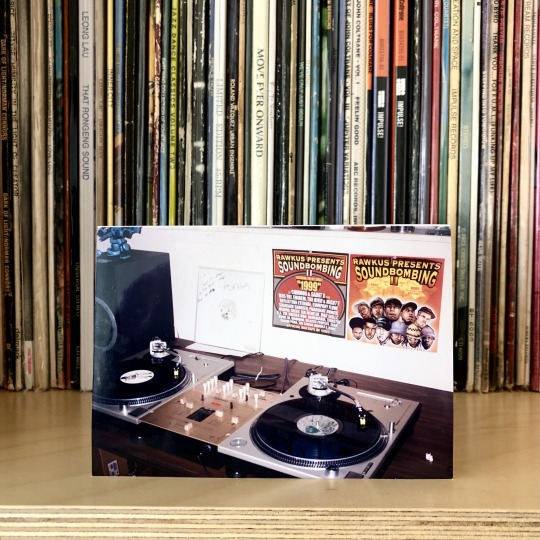
My first personal DJ setup, 1997
2 x Technics 1200 M3D Turntables
1 x Q-Bert / ISP Limited Edition Vestax 05 Pro
2 x Stanton 505 SK Cartridges
2 x Event 20/20 Studio Monitors
Also in the photo, a perfect display of my roots as a DJ... Hip Hop & House.
2 x Soundbombing II promo flats & a copy of The Word Is Love from Steve Silk Hurley, personally signed to me since I was too young to get into the event he was DJing at in my hometown. On the turntables were 2 different Dirtstyle battle records.
3 notes
·
View notes
Text
women are my favourite guy
7K notes
·
View notes
Text
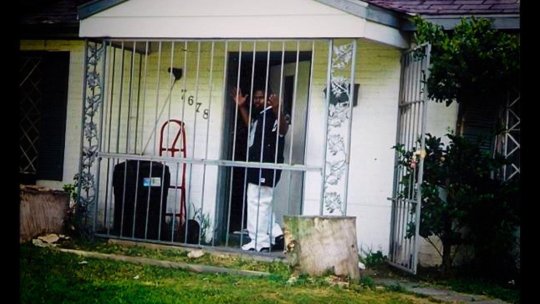
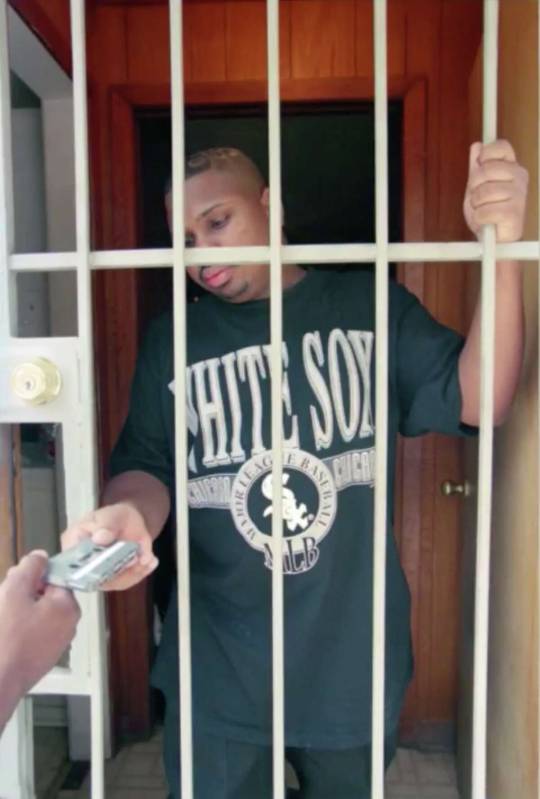
DJ Screw's tapes were so popular, he had to install a front gate to keep people out of his house & control customer flow. Traffic was so crazy his neighbors thought he was running a traphouse.
3K notes
·
View notes
Text
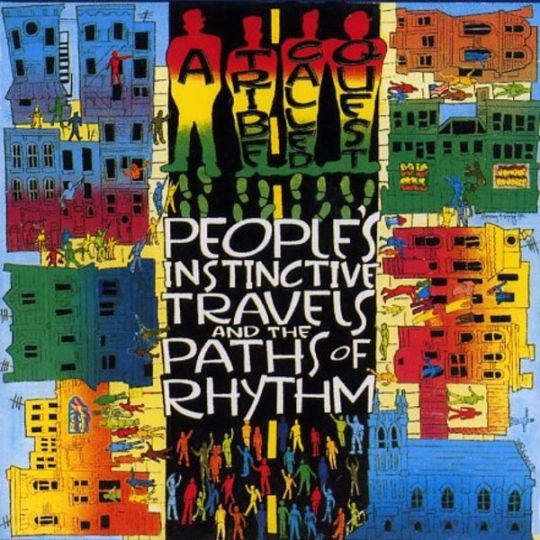
Today in Hip Hop History:
A Tribe Called Quest released their debut album People’s Instinctive Travels And The Paths Of Rhythm April 10, 1990
#today in hip hop history#todayinhiphophistory#hiphop#hip-hop#hip hop#music#history#hip hop music#hip hop history#hip hop culture#music history#atcq#a tribe called quest#album#emcee#mc#rap#rapper#q tip#q-tip#phife#phife dawg#rip phife dawg#ali shaheed muhammad#1990#producer#msic producer#dj
258 notes
·
View notes
Text
Put your [Guidonian] hands in the air!
#planet of the bass#dj crazy times#all of the dream#gregorian chant#music history#music major#guidonian hand#violadagoomba
538 notes
·
View notes
Text
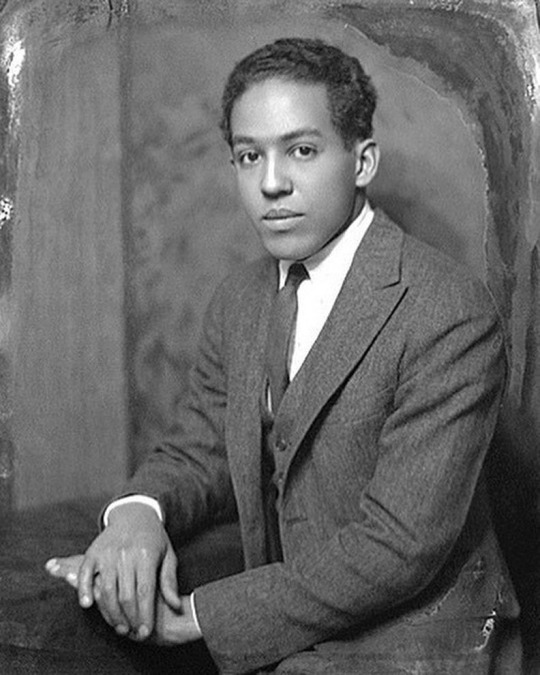
Today In History
Langston Hughes was a prolific writer who worked in many genres: poetry, fiction, nonfiction, drama, musicals, and children’s books.
As a popular newspaper columnist, Hughes created a fictitious Harlem narrator named Simple. Deeply interested in developing a black theater, Hughes founded the New Negro Theater in Los Angeles March 19, 1939.
His life and work were enormously important in shaping the artistic contributions of the Harlem Renaissance. He wanted to tell the stories of his people in ways that reflected their actual culture, including both their suffering and their love of music, laughter, and language itself.
CARTER™ Magazine
#langston hughes#guru#dj premier#carter magazine#carter#historyandhiphop365#wherehistoryandhiphopmeet#history#cartermagazine#today in history#staywoke#blackhistory#blackhistorymonth
139 notes
·
View notes
Text
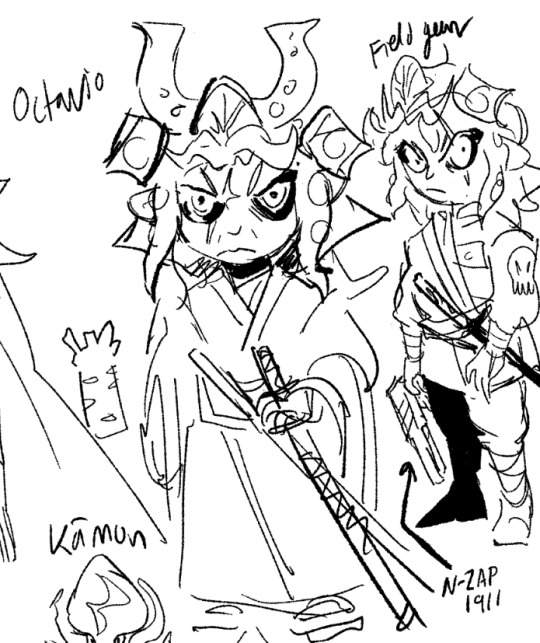
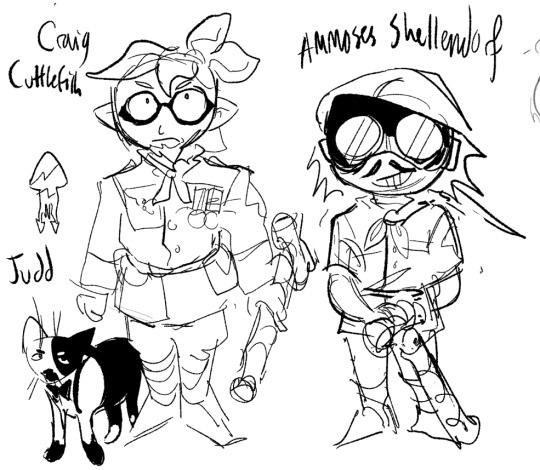
Splatoon sketches... I have terminal Great Turf War brainworms...
#art#my art#splatoon#great turf war#dj octavio#octavio takowasa#craig cuttlefish#capn cuttlefish#judd the cat#judd splatoon#ammoses shellendorf#history/ww1 nerd discovers splatoon lore
76 notes
·
View notes
Text


What is your favorite part of the '68 Special?
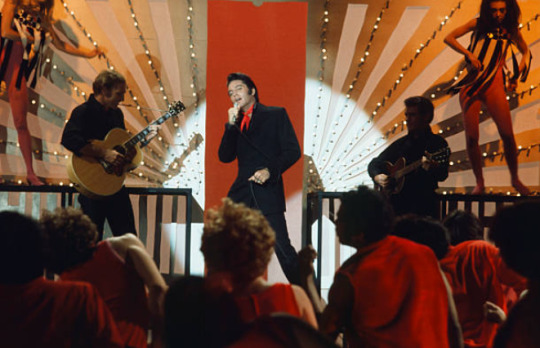
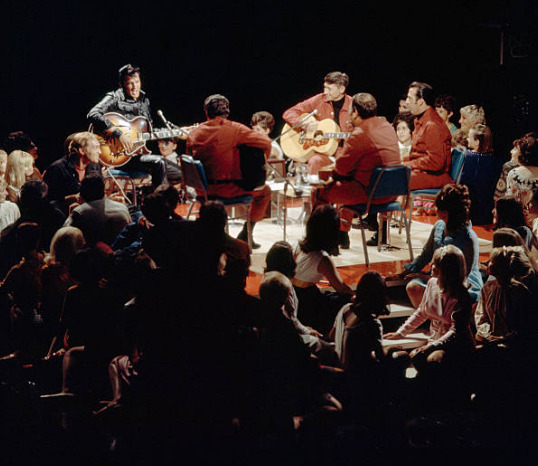
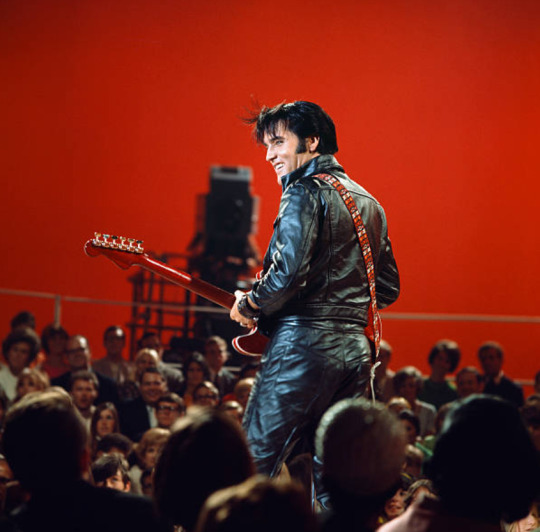
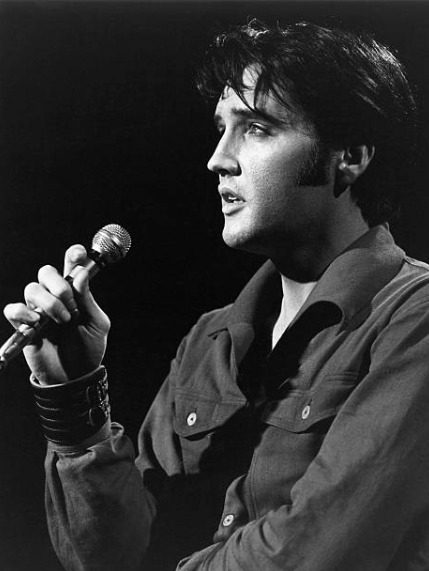
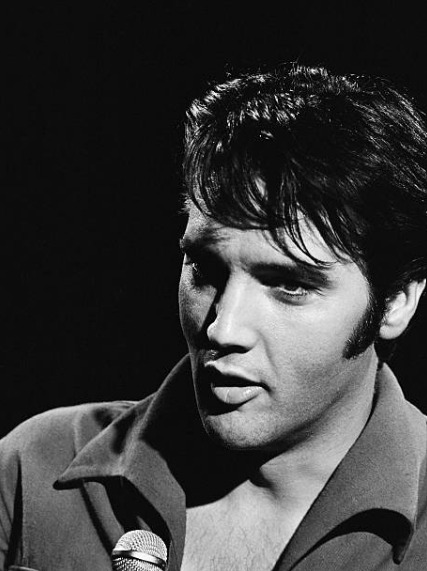
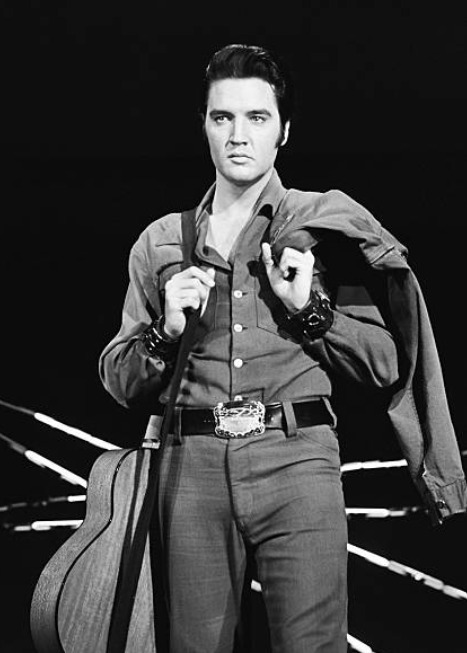

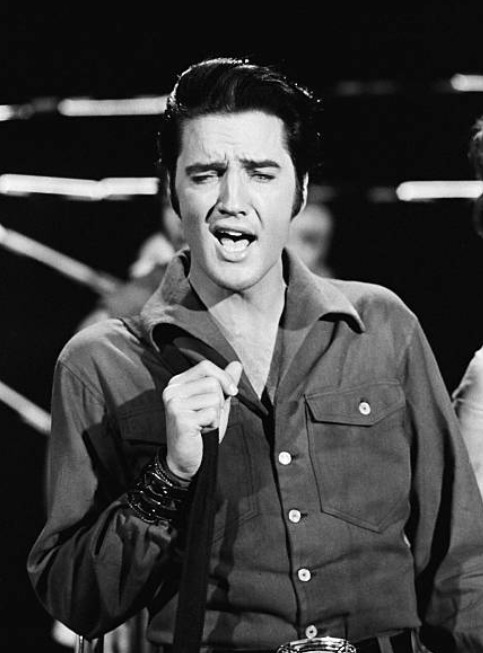
Pictures: Singer Presents ... Elvis, commonly referred to as the '68 Comeback Special. 1968.
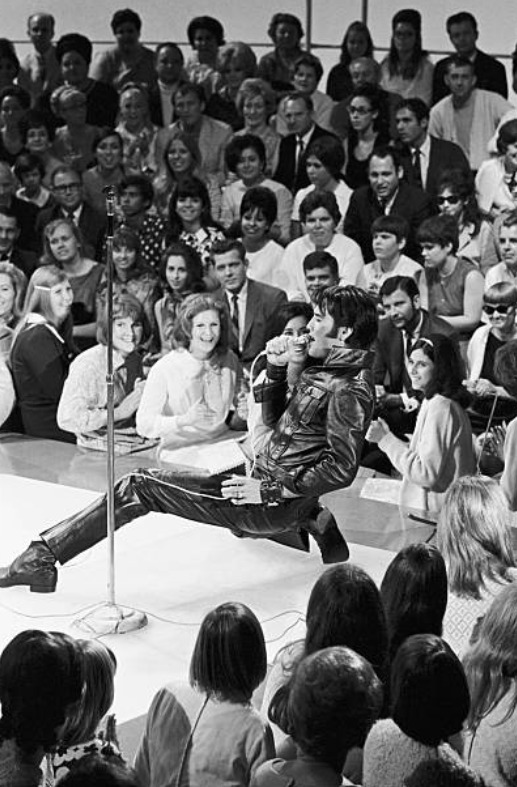
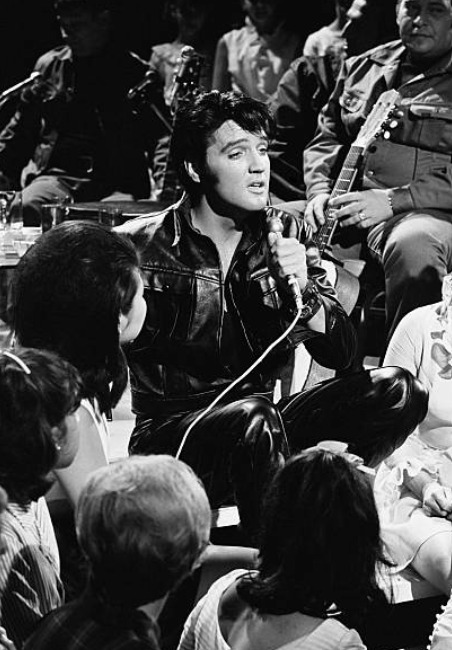

For me, undoubtedly I say my favorite part of the '68 Special is the sit-down concerts, specially the reunion between Elvis and the remaining members of Elvis' former band, the Blue Moon Boys, Scotty Moore and DJ Fontana.
I wonder if the fans, not the specialized critic such as musicians and general people in the business but specially the fans, back then, while watching this TV special for the first time, understood or merely felt the significance of this moment. I wonder if they were surprised in seeing Elvis not only back onstage after a while but back onstage with Scotty and DJ Fontana by his side. Man, that was special! To me, the most special portion of the '68 Comeback. ♥
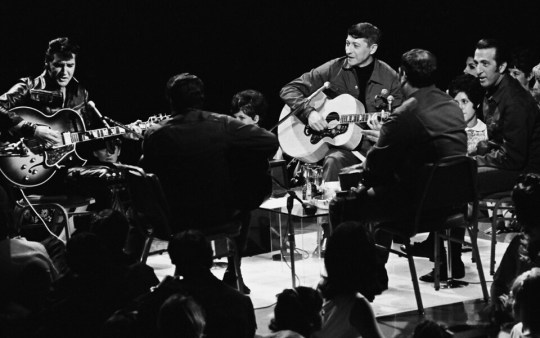
Bill Black, bassist, unfortunately passed away in 1965, while Elvis was still full time engaged with his Hollywood career. Fans only wish Bill could have been there with Scotty and DJ. He had that irreverent performance that fascinates me, surely he would've been a great asset to the show. I only feel sorry Elvis, neither Scotty or DJ, ever mentioned Bill on the '68 Special, but its understandable the reason why. It wasn't about the Blue Moon Boys more than it was about Elvis returning to the stage. Even so, had Bill made it to this moment, man! That would've been something else. Even more meaningful than it already was.
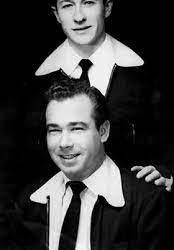
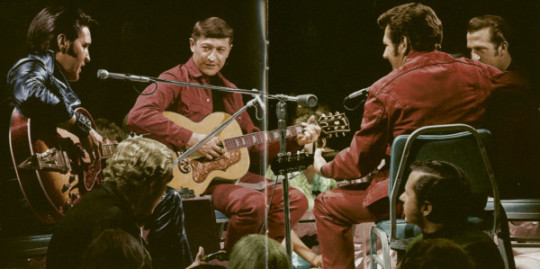
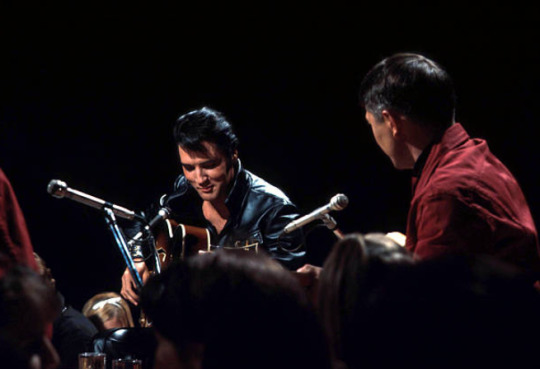
Scotty Moore: His memories on the '68 Comeback Special and 'behind the scenes': Elvis and The Blue Moon Boys performing in Europe?
Source: Excerpt of the documentary "Elvis: The Birth of Rock n' Roll" (2004)
Scotty reveals Elvis asked him and DJ Fontana if they would agree to go on the road with him again, this time performing overseas, in Europe. Curious enough, to that question, Scotty says Elvis called him and DJ Fontana to another room in his home, so they could talk in private - which was something unusual for him because "usually anything he had to say, he'd say no matter who was around".
For the longest time, performing around the world was something Presley aimed. Ever since he had been stationed in Germany with the US Army during his service time, a period he did paused his career therefore he didn't perform while in Europe between 1958 to 1960, reporters asked him if and when that moment would come when Elvis would go back to Europe but this time for live concerts, to the thrill of his passionate fans overseas who followed him career from afar, many since the 50s. Unfortunately touring outside US (other than few performances in Canada in 1957) never seemed the get the right time.
Once Elvis begin performing live again in 1969, after he was out of the movie contracts, Elvis' manager, Colonel Tom Parker, would always have excuses on the tip of his tongue for why an European tour, or world tour for that matter, would not be a such good idea. When Elvis received some death threats coming his way through letters sent to his crew occasionally, starting from 1969 on, those incident perfectly fit to Colonel Parker's intentions for his gold boy. Parker would use the incidents to manipulate Elvis to believe they couldn't do his security properly out of the US. Colonel would tell Presley how it would be too dangerous for him, besides they could make just as much money performing home as they have been doing so far.
Elvis never had this one dream of performing overseas coming true in his life, as much as another reunion between him and the Blue Moon Boys never came to be after the '68 Comeback Special. Scotty says that private conversation in Elvis' home (in 1968) was the last time he was together with Elvis like that, which makes this moment in history one of a kind.
youtube
During the '68 Special (sit-down concert), Scotty submits a special request to Elvis for them to play "Lawdy Miss Clawdy" together.
The song was recorded by them on February 3, 1956, at RCA studios in New York. It was released as B-side to the EP "Elvis Presley", out in September 1956. The cover shows Elvis, Scotty Moore and Bill Black performing together.
Later, the song would be featured on the LP "For Elvis Fans Only" released in 1959. Elvis would frequently include "Lawdy Miss Clawdy" to his main setlists from 1970 to 1975, occasionally performing it in 1976 and 1977.
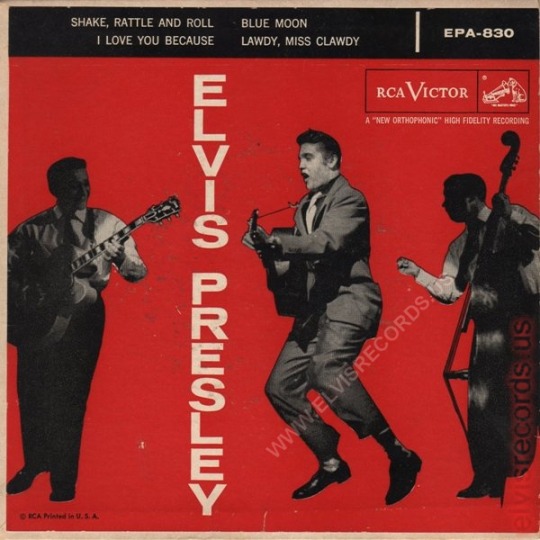
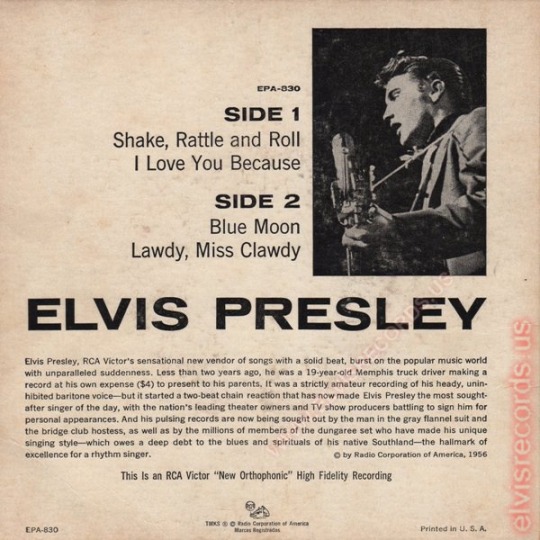
No wonder Scotty picked this song. Maybe a subtle way of honoring late Bill Black. ♥
About their performance of this tune during the '68 Comeback Special:
As they jam together, Scotty gives a cue and Elvis tears into “Lawdy Miss Clawdy” with a raw assault of mixed emotion. His performance is so intense that it almost—in the best way—scratches the ears. Vocal cords that, so far, have proved their owner’s mastery with smooth singing are pushed to the point of fraying at the edges. As Greil Marcus noticed, when Elvis lurches into the number, what he experiences is a feeling that is both joshing and liberated. At one point, as the musicians jam together, it’s possible to hear Charlie Hodge getting carried away with laughter, as if bobbing in the fray of a heady, almost oceanic moment. In his underrated 2004 pocket volume The Rough Guide to Elvis, Paul Simpson describes “Lawdy Miss Clawdy” as “Elvis’s answer to Jack Kerouac’s On the Road.” Taking on this old staple in the Comeback, what the singer delivers is lusty, passionate, and commanding, yet also desperate, angry, and sad. He conjures with immense powers.
— Mark Duffett (Counting Down Elvis - His 100 Finest Songs, 2018)
youtube
Again, what is your favorite part of the '68 Special?
#68 comeback special#elvis presley#elvis#elvis the king#elvis fans#elvis music#elvis fandom#elvis history#60s elvis#NBC#60s tv shows#60s tv#scotty moore#the blue moon boys#DJ fontana#Bill Black#rock and roll history#Youtube
96 notes
·
View notes
Photo

Ron Hardy (deceased)
Gender: Male
Sexuality: Gay
DOB: 8 May 1958
RIP: 2 March 1992
Ethnicity: African American
Occupation: DJ, record producer, musician
Note: Had HIV
#Ron Hardy#lgbt#lgbtq#lgbt history#black excellence#male#gay#1958#rip#historical#black#african american#poc#dj#record producer#music producer#musician#hiv#popular#popular post
152 notes
·
View notes
Text
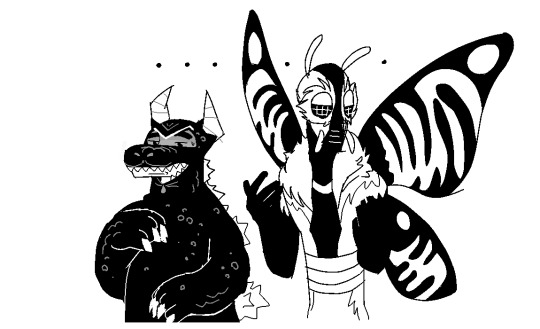

"...well, the best part of a candied apple, anyway. under ideal circumstances, on their own, i would also take a plain apple, over caramel or peanuts. as long as its not a red delicious."
"ugh. fucking worst apple."
"it definitely has a 50% unbefitting name."
#mog art#doodles#lamarr#demersa#[the dj voice] you are both weird not liking the candy part most but i'm glad you're making progress#i swear half the writing mojo is 'i need to crank out this draft where some events have their orders changed so these two reconnect faster#like after expanding on their shared history i need them to be friends sooner asap or i will Perish#quick lil thing for halloweeeeen i should make more halloween stuff whose got ideas#godzilla#mothra#paisley#shin godzilla
114 notes
·
View notes
Text
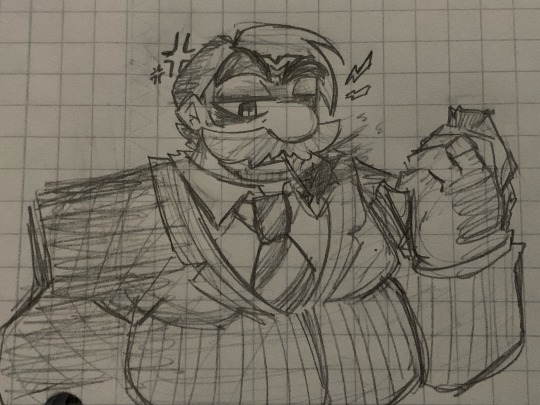

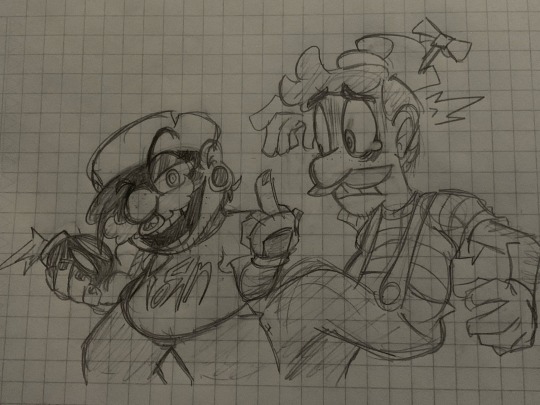
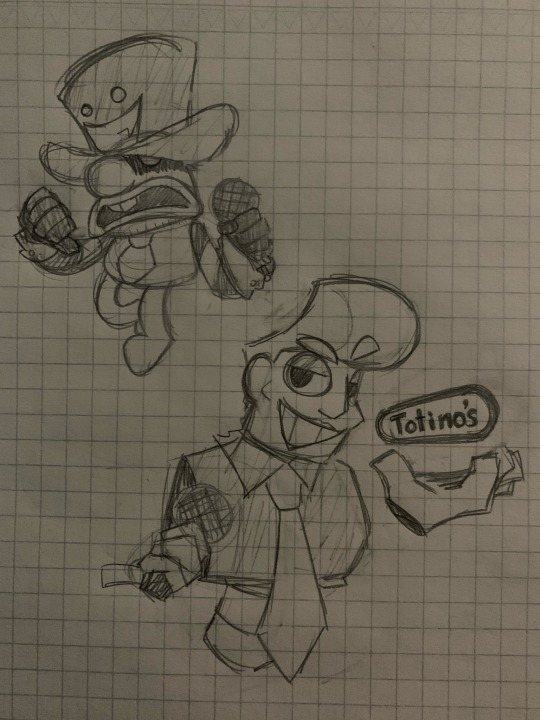
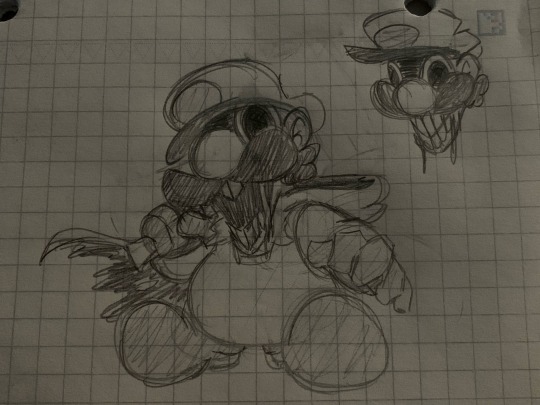

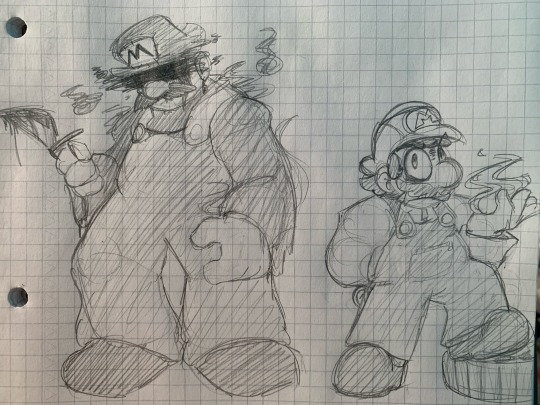
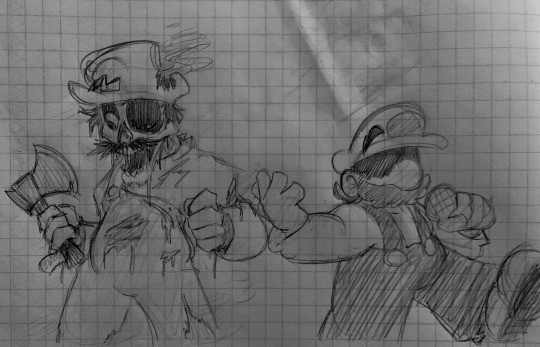
#marios madness#secret histories mario#chris pratt#luigi's day out#dj hallyboo#mr sys#b3313#mario 64 classified#racist mario#i hate you luigi#gb mario#horrorbrew#{ Sorry I Can't Find Ways To Label Everyone }#art tag for navigation
20 notes
·
View notes
Text
i AM cassandra of troy fr.
#LISTEN TO ME FINE FOLK#and then you drown me#and then i dir#anyway let me outline tbr discourse for you (<—my hobby as a child of a shitty marriage.i can predict that fight upto and over 8 volleys):#people will first be like hahaha we done goofed. and then someone will take one of the we done goofed posts way too personally#people will then start making posts about how fandom folk think they are superior than the others. anyway good for him (dj qualls)#some people.will be in full rpf mode like we don't know thaf it NEVER happened. good for them also. bc likr we dont actually.#and then there will come posts about queer rights and queer marriage and what does and doesn't constitute as queerbaiting#(because the we done goofed posts will include some level of reference to the legacy of spn queerbait and people WILL NOT like that. )#as per usual the people who love the castcrew v#.people who are neutral about the castcrew v..people who are here for the bit#24h video set to. like. cancan or sth#some 20-25 blogs blocking/softblocking each other.#another Tuesday in Tumblr history
27 notes
·
View notes
Text
Jamaican Sound Clash Culture
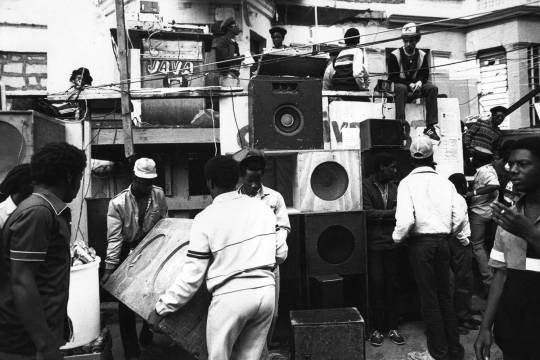
Jamaican sound clash culture has its roots in the 1950s and 1960s, when sound systems first began to emerge in Jamaica. These sound systems were essentially mobile DJ setups that would play music at outdoor parties, dances, and other events. They were an important part of the local music scene, and helped to popularize a variety of different genres, including ska, rocksteady, and reggae.
As the popularity of sound systems grew, so too did their competitiveness. DJs and sound system operators began to engage in battles or "clashes" where they would compete against one another to see who had the best music selection, sound quality, and overall performance. These clashes often took place in outdoor venues and were attended by large crowds of people who would dance and cheer on their favorite sound systems.
In the 1970s, sound clash culture really took off in Jamaica, as a new generation of sound system operators emerged, including some of the most famous names in the business, such as King Tubby, Duke Reid, and Coxsone Dodd. These sound systems were known for their powerful sound systems, huge music collections, and their ability to engage in quick-witted banter and insults, known as "dubplate specials."

During this time, sound clash battles became more intense and competitive, with sound system operators often spending large sums of money on rare and exclusive records and dubplates in order to gain an edge over their rivals. These battles became a major part of Jamaican culture, with fans and enthusiasts following their favorite sound systems and DJs around the country to attend clashes and other events.
In the 1980s, sound clash culture began to spread beyond Jamaica and into other parts of the world, as Jamaican immigrants brought the tradition with them to cities like New York, London, and Toronto. Today, sound clash culture continues to thrive in Jamaica and around the world, with new generations of sound system operators and DJs carrying on the tradition and keeping the spirit of competition and creativity alive.
youtube
The rivalry between sound systems is intense and the rules dictate that only exclusive dubplates are played, which are usually rare or specifically cut for the clash. These dubplates are unique cuts of certain popular tunes or other material. Watching a sound clash is good fun and the audience decides who is better by cheering the most, and the energy is usually insane. In this case, Rodigan acts as both his own DJ and MC, but sometimes other MCs are present and the selecta (DJ) is separate. In Jamaica, the MCs are called deejays and the DJs are called selectas. Sometimes there are even special dancers on stage to make the show even more energetic.
Sound systems in Jamaica were popular because people couldn't afford to buy records or speakers, so they would play music in the streets for everyday people. Then, they began to develop a rivalry and a following. It got crazy in the 80s when dancehall became harder and more violent in its lyrics. The sound clash is all about who has the best records, rarest collection, and most unique dubplates cut by artists. The artists usually voice a special message into the dubplates, hyping up the selecta/sound system. Hip hop may have also copied some of this culture, but it's not clear whether it developed on its own or was copied from Jamaica.
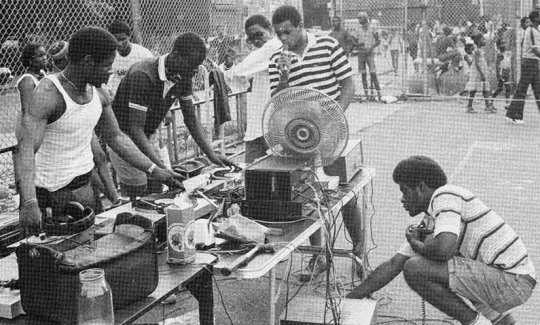
186 notes
·
View notes
Text
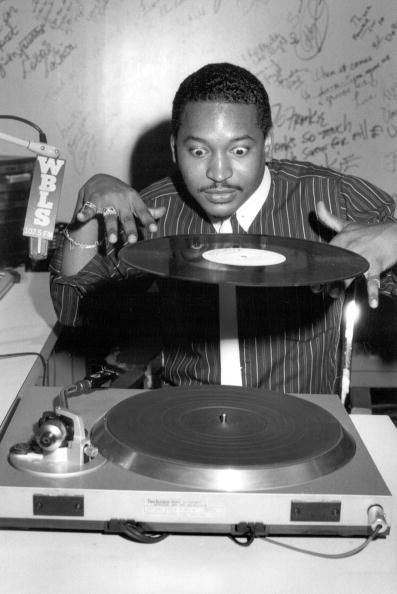
Today in Hip Hop History:
John “Mr. Magic" Rivas was born March 15, 1956
#today in hip hop history#todayinhiphophistory#hiphop#hip-hop#hip hop#hip hop music#hip hop history#music#history#hip hop culture#music history#mr magic#mr. magic#dj#bornday#birthday#1956
229 notes
·
View notes
Text
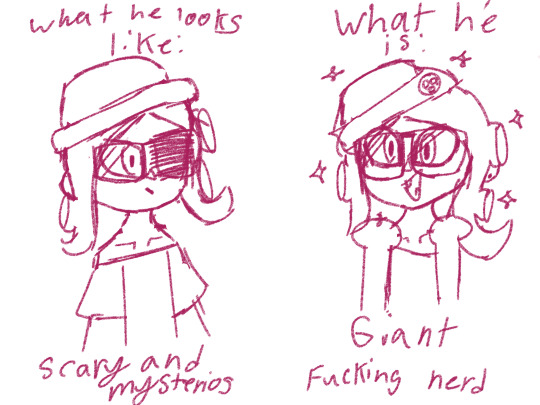
So how we feeling about sizzle season 2024?
#splatoon#Splatoon3#paul#sashimori#splatbands#autism be damned Paul can dj#Paul is a giant fucking nerd for all things human history change my mind
18 notes
·
View notes